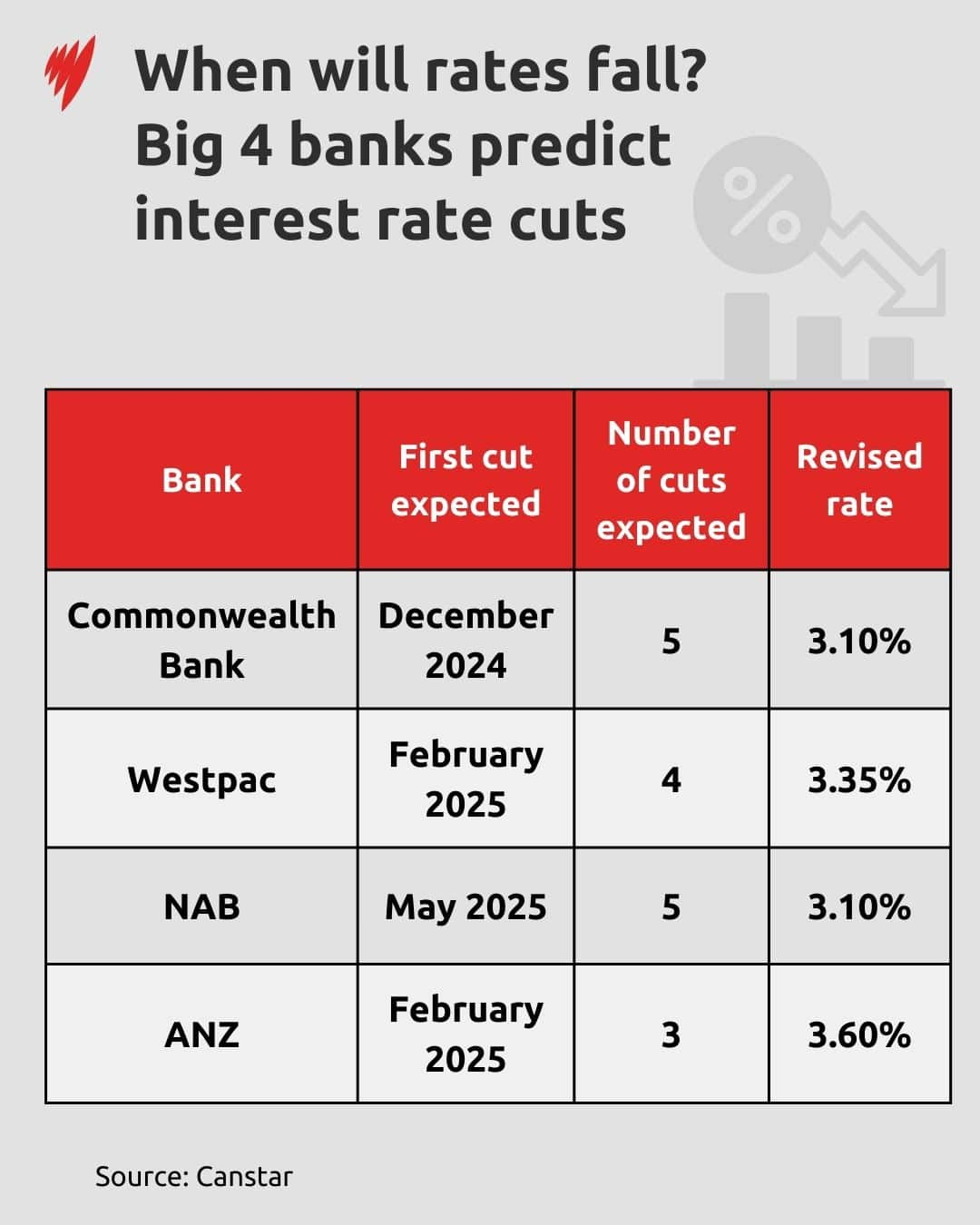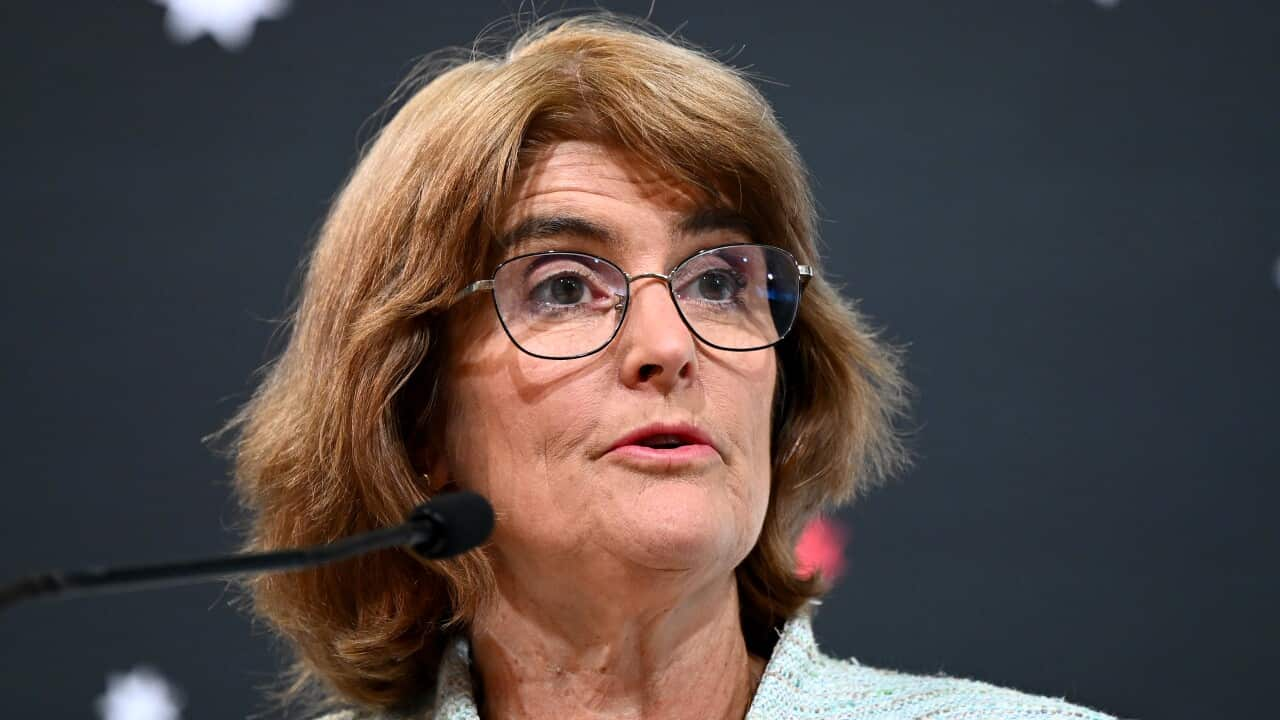Key Points
- The Reserve Bank of Australia has kept the official cash rate on hold.
- RBA said inflation remains too high and is unlikely to come down sustainably to target until 2026.
- The path forward is “highly uncertain”, RBA said.
The Reserve Bank of Australia’s (RBA) board has voted to keep the official cash rate on hold at 4.35 per cent, where it has sat since November.
The central bank elected not to follow the footsteps of the United States’ Federal Reserve and the Bank of England, both of which recently gave borrowers a reprieve and cut interest rates.
The RBA has said it will continue a hawkish path to lowering inflation to the target of between 2-3 per cent.
In its statement on Tuesday, the bank said the path forward is “highly uncertain”, and it does not forecast inflation returning sustainably to target until 2026.
The bank pointed to spending from “temporary residents such as students and tourists” contributing to inflation remaining above target.
“The board remains resolute in its determination to return inflation to target and will do what is necessary to achieve that outcome,” RBA said.
RBA governor Michele Bullock said the board did not explicitly consider a rate rise at the meeting.
She said recent data had been “mixed”, but progress in lowering inflation has slowed.
“Inflation has come down a long way since it peaked in 2022, both in Australia and overseas, part of this was the resolution of supply chain issues and energy prices easing, and monetary policy has also been doing its job.
“But inflation is still above our target and it’s proving to be sticky.”
Treasurer Jim Chalmers said Australians had made “very substantial progress” on overcoming inflationary challenges.
“When it comes to the Reserve Bank and the government, we have the same objective when it comes to getting on top of inflation without ignoring the risks to growth in our economy,” he said.
“We’ve seen growth in our economy has been quite weak. We’ve seen consumption has been weak, discretionary spending has been going backwards.
“All of this indicates the interest rate rises already in the system are already combining with international uncertainty and persistent inflation to slow our economy quite substantially.”
Economists had widely expected the bank to keep rates on hold following steady employment figures and in the Consumer Price Index.
Tim Lawless, research director at CoreLogic Asia Pacific, said the decision to keep rates steady implies the RBA is satisfied with the gradual downward trajectory of inflation.
“Overall, the hold decision could provide a boost to consumer sentiment, as more households firm up their opinion that rate hikes are over and the next move from the RBA will be a downwards one,” Lawless said.
“The only uncertainty at the moment is the timing and speed of rate cuts.”
Paul Bloxham, HSBC’s chief economist in Australia said today’s statement from the RBA was clear about the focus that the RBA has on the fact that “inflation is still too high”.
“That was very clear in the statement. They pointed out that although headline inflation is likely to come down, the key focus needs to be on the core inflation,” he said.
“The underlying rates of inflation are well above where the RBA is comfortable.”
When can we expect an interest rate cut?
Tony Sycamore, market analyst at financial markets trading firm IG, said: “It is still too early for a dovish pivot from the RBA.”
“However, a shift can occur very quickly, as we saw with the Reserve Bank of New Zealand in August, and we think that the possibility of a rate cut in December is now underpriced.”
The table displays the predictions of the big four banks regarding an RBA rate cut. Source: SBS News
Three of Australia’s big four banks are predicting the earliest rate cut will be in February.
Only the Commonwealth Bank forecasts a rate cut in December — last week it revised its earlier prediction of a November cut, citing steady employment figures and the RBA’s reluctance to lower rates.
With additional reporting by AAP.

